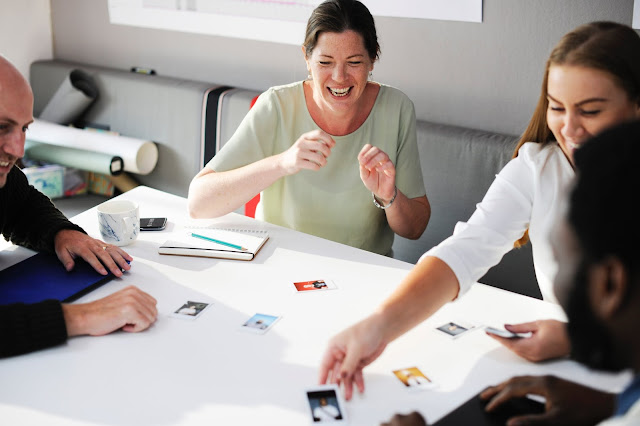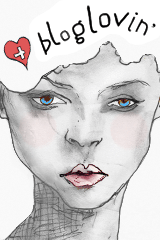*This is a collaborative post*
The menopause is a huge thing for any woman. According to NHS UK, fifty one is the average age when a woman will reach menopause although granted some women will find it starts much more prematurely. It's undoubtedly a life changing event that will stir many mixed emotions. There are also several symptoms to look out for such as;
irregular periods,
hot flushes,
reduced libido,
weight gain,
mood changes,
vaginal dryness,
interrupted sleep,
thinning hair,
night sweats.
Although symptoms can start way before your periods stop and can go on for years after you have your last period, the good news is that symptoms won't last forever and there are things you can do to help.
The first thing you'll need to know is are you actually going through the menopause? If you're not sure then speak to your GP who may be able to tell from your symptoms alone and if not, a simple blood test will confirm the diagnosis. Once your doctor has confirmed that you're going through the menopause, you can then look at options to help relieve your symptoms.
HRT
 |
| Image via Pexels |
Many of you will have heard of HRT which also known as 'hormone replacement therapy,' is commonly used to relieve symptoms of the menopause including those mentioned above. After speaking to your GP, if suitable, you'll usually start off on a low dose and will then be monitored. It comes in various forms including tablets, skin patches and vaginal creams.
Kliovance tablets are a continuous form of hormone replacement therapy which are suited for women who have gone through the menopause but who are also still experiencing symptoms. Please remember that before you start any medication or treatment you should always consult a GP first.
Alternatives To HRT
 |
| Image via Pixabay |
Unfortunately HRT isn't suitable for every women so it pays to look around and do some research into the many alternatives available. Your doctor may even be able to suggest a few. Below are just a few suggestions.
*According to websites such as Draxe, organic fruits and vegetables can slow down the ageing process and can help to balance hormones.
*The NHS UK advises a healthy diet and cutting down on coffee, alcohol and spicy food.
*Exercising often can also help to improve your mood and sleep.
*Exercising often can also help to improve your mood and sleep.
*There are herbal treatments and remedies available which can apparently help such as Black Cohosh, St John's Wort and Ginseng. Bear in mind that these aren't always an ideal alternative as they can interact with other medication so you should still consult a GP prior to taking them.
*Acupuncture can help to relieve some of the symptoms of menopause ie. hot flushes but many people think acupuncture has more of a placebo affect whilst others report having only temporary relief with this kind of treatment.
*Stress relieving treatments or activities such as yoga and cognitive behavioural therapy can help you to relax. CBT is also great generally for anxiety, stress, depression and sleep problems.
There are many alternative treatments available but please be aware that the NHS UK websites states that 'alternative treatments such as herbal remedies and bioidentical hormones aren't recommended for symptoms of the menopause because it's unclear how safe and effective they are.'
As mentioned above, please always consult a GP before commencing any form of treatment.
As mentioned above, please always consult a GP before commencing any form of treatment.
*Header image via Pexels




No comments :
Post a Comment
Note: only a member of this blog may post a comment.